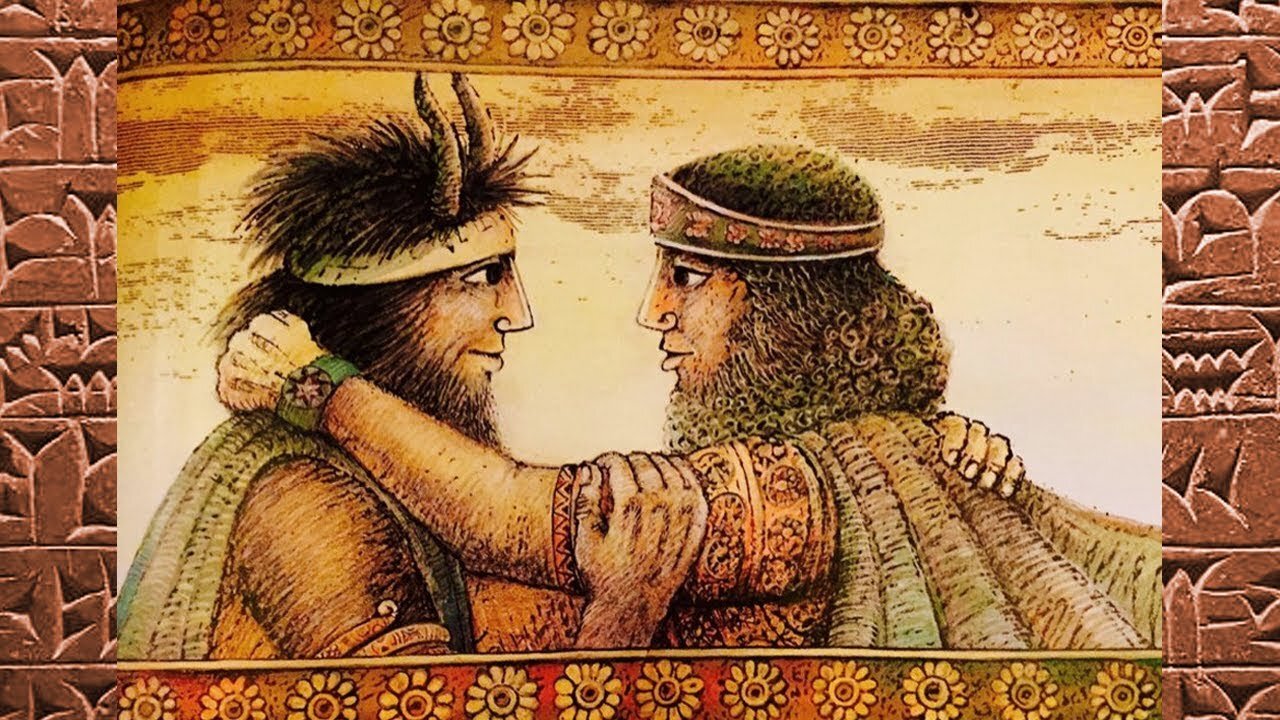The other day I posted a challenge to the commonly heard advice that to deal with change and attain excellence, we all need to get out of our comfort zones, and keep doing that. The classic motivational advice makes a comfort zone sound like quicksand, or a dead end street. I suggested instead that the very best people in every field learn to expand their comfort zone and take it with them wherever they go. They don't leave it, they stretch it and carry it with them on any new adventure. I wanted to share an interesting conversation about this that just took place on LinkedIn.
Candice Frost, Director with the Army G2 Intelligence, reposted my thoughts and wrote: <<Insightful points made here and have me rethinking my advice on being comfortable with being uncomfortable. Tom Morris reframes how we look at this advice and instead states that experts, “created a superior and special zone of comfort in being and doing the very best in their various fields of endeavor.” He also focuses on expanding your zone of comfort. How have you grown/expanded your #comfortzone?>>
I replied: <<Hi Candice! Thanks for the kind words. Maybe the way this works is that when we're new to mastering the inner game of life, or even midway in our work on that skill set, we do have to experience discomfort now and then, and get comfortable doing that, but when we're farther down the path of our development, we bring our comfort with us wherever we go. Or to put it another way, getting comfortable with discomfort is likely a necessary stage along the way to where you ultimately want to be, always carrying your comfort zone with you as one of your more important inner possessions. So you are naturally comfortable at what makes others uncomfortable. I'm sure your advice has been great for where most people are, to get them to the next step, and that's so needed. I just like to identify what our ultimate aims are or should be for the true inner and outer excellence to which we aspire ! Let's keep philosophizing. Some of the most crucial passages in my latest book, Plato's Lemonade Stand resonate deeply with these new ideas about comfort zones. I hope you can see it!>>
Then, Sara Helfer, a Strategic Analyst at the Office of the Chairman of the Joint Chiefs of Staff weighed in, as a reply to Candice: <<Insightful and something I've been grappling with lately. What is our comfort zone versus an area of strong expertise? What is the point of diminishing returns in discomfort? That is, when is something just a bad fit? How long do you wait for something to "break in" and get comfortable? These are rhetorical - I presume everyone will have different answers to these.>>
Candice responded: <<Sara, well stated. I'm advising new intelligence professionals to understand they'll have to focus on areas where they're often ill equipped to advise/understand as a SME. That's why collaboration is so critical. Of course, when this issue arises often, you've got to get on board quick and rapidly learn.>>
I weighed in: <<Hi Sara. Great questions. To me, an “area of strong expertise” is an "outer" range of structures and processes, facts and systems, reflected in us by the relevant inner skills, knowledge, and even wisdom. Let's call that peak expertise. The comfort zone is the emotional and attitudinal proper reflection of all that. The importance of the comfort is that a peak performer isn’t nagged by discomfort, uncertainty, unease, or an obstructive self consciousness in performing his or her duties. A bad fit in a job or with a task happens when peak expertise never develops and doesn't look like it's going to, and those inner emotions and attitudes never properly grow to what they should be for the flow of top excellence. A really unfortunate situation is where there is a bad fit between person and task, but his or her emotions and attitudes of comfort, assurance, and confidence grow IMPROPERLY, and without the relevant developing expertise. As to how long it takes to develop peak expertise, or even a modicum of it, and the naturally attached emotions and attitudes, that can vary a lot with person and task.>>
I then responded to the reply Candice made to Sara: << Candice, I like what you say here. I've come to think that collaboration and partnership is crucial in mastery or any form of challenging success. I see Homer's Iliad as all about the power of partnership, when it's working and when it's not. The partnership between Agamemnon and Achilles breaking down is crucial for the story. So are all the small partnerships formed throughout the tale (Ajax, despite his immense individual strength, calls friends over in fierce fights and together they prevail). Beowulf is about what happens when you never learn to partner with others collaboratively. Aristotle actually saw the peak of human power and good (in the Politics) as - in my words summing his thoughts - "People in Parnership for a shared Purpose." And the Odyssey is all about the power of purpose! Great stuff to ponder!>>
Eric Potvin, a former CIA Special Agent, replies to the original reposting by Candice: <<Ma'am, Thanks for sharing this thought-provoking and insightful article. Tom Morris uses logic and reasoning to create a perfect argument for comfort zone expansion. There is no doubt in my mind that most people suffer from some level of "Imposter Syndrome" and the advice provided in this article will help others find comfort in their new environments. Ultimately, the application of what you know now in an environment of unfamiliarity can help overcome uncomfortable situations. When I deployed to Afghanistan for the first time, I recalled my successes in Iraq and applied the same team leadership skills and report production techniques to accomplish the mission in a completely new geographical, cultural, and altogether different environment. Until I read this article, I had not reflected upon the "how" I did that. Not to say I did it perfectly, but it was a helpful way to take what I know now and apply it to what I wanted to accomplish. Thanks again for posting!>>
Then, me to Eric: <<Eric! Very well and wisely said. Thanks for your kind words. As a philosopher, I admire a lot that goes on in the world of self-help and motivation, but often find the thinking to be imprecise and limited, as good and useful as it might be to many people. As a philosopher who loves the practical side of wisdom, I like to weigh in and try to tighten things up, perhaps provide a broader perspective, and look at some of the ultimate issues that lead to excellence. Thanks for your own reflections that resonate so well with what I've been thinking.>>
And the band plays on. To me, this epitomizes social media at its best. People from different backgrounds thinking hard together about things that matter, living Aristotle's vision of excellence. Don't you wish it were all that way?




















